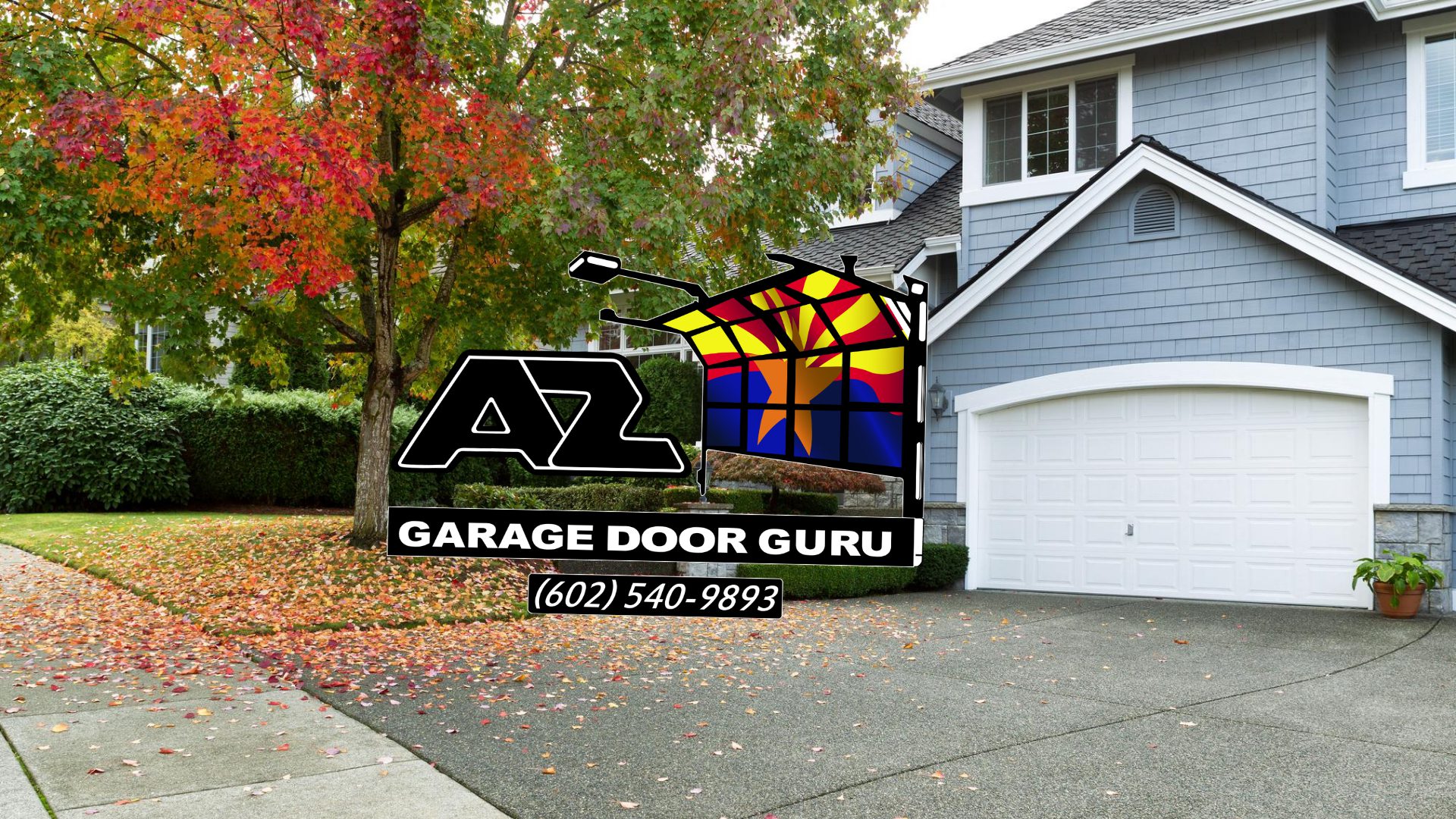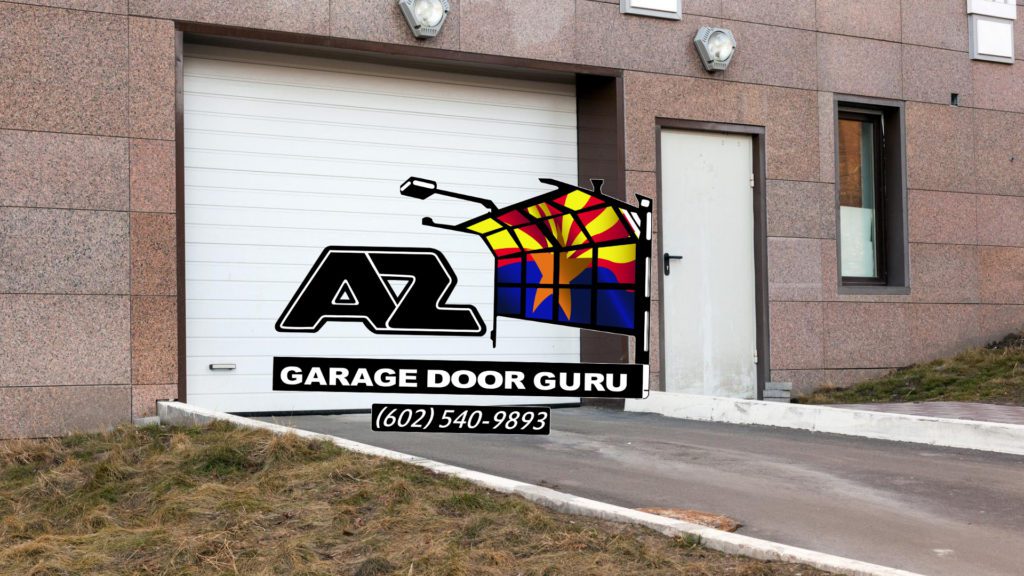
What Type Of Material Should You Choose For Your Garage Door?
What Type Of Material Should You Choose For Your Garage Door?
Given its enormous size, your garage door commands attention. Available in a variety of styles and materials, you should select your garage door with the same care and attention you devote to other details of your home. Once you make your purchase, you want something that will hold up and appear new looking for many years, while having features that make it safe, convenient, easy to use, and energy-efficient.
Materials For Garage Doors
Garage doors are commonly made of wood, steel, aluminum, or fiberglass. What distinguishes the overhead doors, aside from the material they are made of, is the amount of detail and features added.
- Wood: The classic material found in older homes, wood doors are very durable and can withstand bumps and bouncing balls. They share the same upside and downside: they not only can be easily repainted or refinished, but they also require this type of effort regularly to keep them looking nice. Because the longevity of wood doors varies with weather conditions and how well they’re maintained, the warranties on wood doors tend to be shorter than other materials.
- Steel: Usually coming to you with a finish that is baked on at the factory, steel doors need little maintenance. For best results, get a door with a gauge of 24 or 25 (the lower the better) or choose one that has a dent-resistant, rust-resistant fiberglass overlay. You can find cheap steel doors, but pricier ones have better warranties on paint, springs, hardware, insulation, and laminations between the door and the insulation. The product can be designed to replicate wood and may be overlaid with vinyl, PVC, or fiberglass.
- Aluminum: Once the material for bargain doors, modern aluminum doors offer dent-resistant laminated panels and heavy-duty extruded frames. Because the material is light, aluminum is a good choice for extra wide double doors that won’t stress the opening mechanism.
- Fiberglass: Flexible, durable, and easy to maintain, fiberglass garage doors have great insulating properties. They may simulate wood without the required upkeep. Fiberglass doors have a steel core, but last longer than steel alone and are more resistant to dents.
What Type Of Material Should You Choose For Your Garage Door?
What You Want In a Garage Door
Longevity: Most garage doors come with warranties, with the more expensive ones offering up to 10 years. Although the door is expensive to replace, you should not have to do so often. All the major types of garage doors are available in ranges from bargain to expensive. Cheap doors are made of inferior materials, have cheaper hardware and mechanisms, and are poorly insulated, so you can generally expect them to not last as long.
Insulating properties: Your garage door is a prime source of air loss from your home. As customers become more attuned to energy efficiency, most garage doors have some degree of insulation. Good insulation, as measured in R-values, can also allow the garage to be used as a gathering place or home office. To receive the maximum effects of an insulated door you need a good fit and may have to heat your garage, depending on the climate conditions where you live. Any insulation helps some by blocking air, and an insulated door is also more durable.
Safety: Since many homeowners use an automatic garage door opener, the risk of people and things getting crushed under the door is significantly less than in the past thanks to auto-reverse mechanisms standard on new openers. These mechanisms are required by law.
Though overhead doors of any size represent a large investment, adding a new garage door is the type of improvement that is likely to boost the resale value of your home. With a range of materials and features to choose from, you can easily find one to match your preference and budget.




